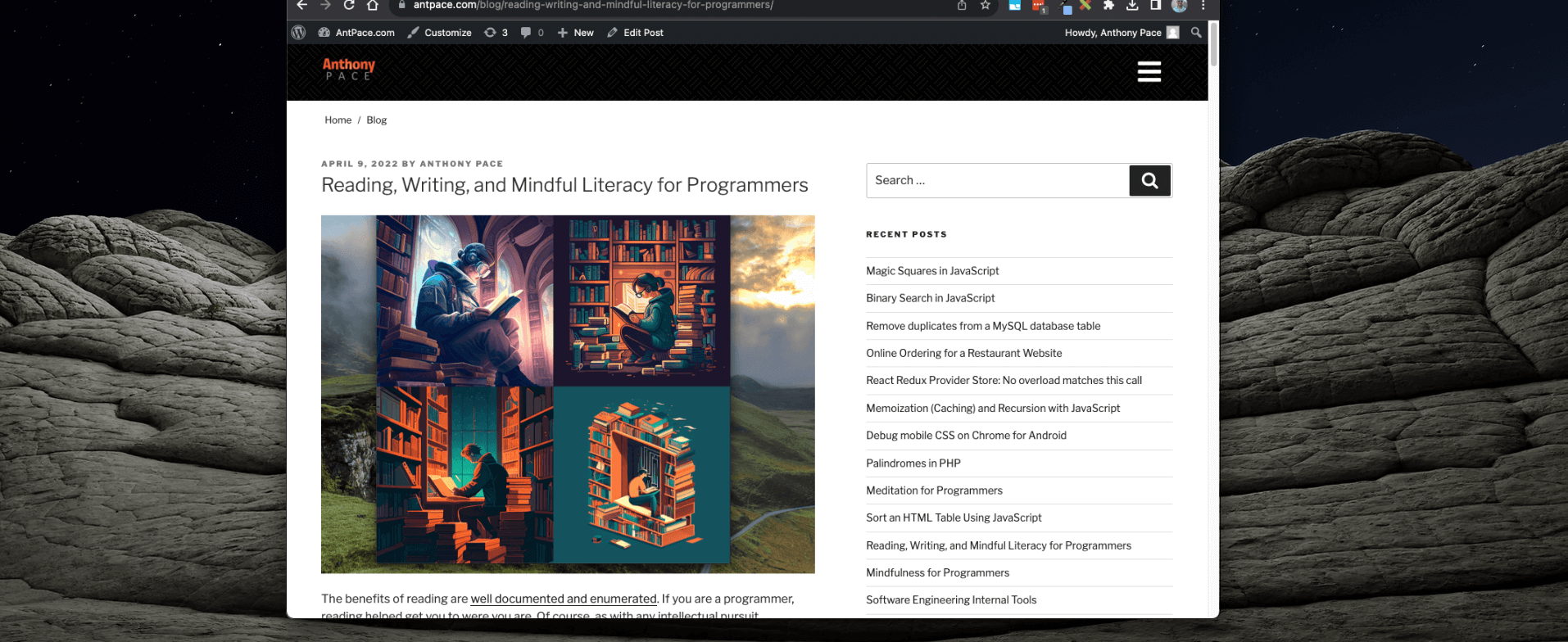The benefits of reading are well documented and enumerated. If you are a programmer, reading helped get you to were you are. Of course, as with any intellectual pursuit, consuming prosaic knowledge is a pre-requisite to success.
Having the time to read, think, and write is a luxury. It’s a habit that that many people claim they can’t afford. And ironically, those are the people that could benefit from it the most. Like strength training, it is something I’ve habituated myself to do daily.
Reading makes you a better software engineer, not because of the information ingested, but because of the byproduct mental skill built as a result. Reading, regardless of the subject matter, is strength training for your mind. It is a neighbor to meditation and mindfulness in regards to brain health.
And, to make the connection explicit: if reading benefits your coding ability, then meditation does too. I’m not the only one that thinks that meditation will make you a better programmer. Reading, and writing, can be meditative pursuits that afford the benefits enjoyed by mystics and monks, engineers and enigmatics*. Consuming knowledge is, in many ways, a programmer’s primary function. Let’s delve into the realms of reading and writing that act as superpowers in molding our intellect and efficiency.
Reading
Literacy seems to date back nearly five-thousand years. It might be even older. I wouldn’t be surprised if the timeline of civilization and humanity turns out to be much longer than what is currently accepted by historians and scholars. Reading and writing are low-tech, non-electrical, super powers that define and augment what it means to be a modern human. Like meditation, reading changes the brain’s physical structure.
Reading is a skill. Even if you “know how to read”, true literacy is highly perishable. Amber Peterson from The NCTE writes, “literacy is the way that we interact with the world around us”. Following the video-game, simulation theory, analogy – being literate is the opposite of being an “NPC” in real life.
This type of literacy flexes same brain muscles as mindfulness. It is the kind of mindfulness that allows us to actually experience life, or what Sam Harris calls “waking up”. Even if you live a very long time, if you were a mindlessly zombie the entire ride, then it might as well not even have happened.
Filmmaker Stephen Apkon is quoted as saying “True literacy is always a two-way transaction. We don’t just consume; we produce. We don’t just read; we write.”
Spoken communication already feels magical. From an alien perspective, it seems I can sing sounds to export my thoughts and ideas into another person’s mind. Writing, then, is an evolution of this transcendent practice that allows brain data to be store, shipped, and unzipped without a livestream.
Listening
Audiobooks unlock a new way to consume written words. Many people find it easier than reading. I think that is because it requires less focus. If I listened to a book, can I say that I have “read” that book? My opinion is “yes”, but does that mean that I can say that I have also “read” a podcast? Do we need new terminology to better describe our world?
I can get through a publication more quickly by listening. But, does that forsake the benefits of increased focus that I discussed above? Entrepreneur Naval Ravikant tweeted, “Listening to books instead of reading them is like drinking your vegetables instead of eating them.”
I love that analogy. It’s still good for you, but there is clearly something missing. And, how Faustianly modern it is to prefer a more processed option in favor of palatability. In another tweet, Naval says, “Reading is more efficient when at rest. Audio is more efficient when in motion.”
I agree, and reserve Audiobooks for when I am moving – walking, exercising at the gym, or even driving. Brian Tracy, author and top business-speaker, said “You can become one of the smartest and most knowledgeable people in your field by turning traveling time into learning time; by turning your car into a mobile classroom,”
I first discovered this concept of a “university on wheels” around 2008 after listening to one of my first-ever Audiobooks, “The Phoenix Transformation“. Around that time I had just finished college, and was trying to figure out what to do with my life. My primary source of income was delivering pizza, so I was on the road a lot, alone in my car.
This was before smartphones were popular, and as a poor young person, I could not afford a stand-alone MP3 player. I was able to download books and other audio programs (Tony Robbins changed my life), and burn them onto blank CD-R disks. A single book might be ten CDs long. If I heard something impactful or if there was an exercise prompt by the author, I would pull over and scribble my thoughts down onto a blank “guest check” pad, sparking the origins of my hypergraphia.
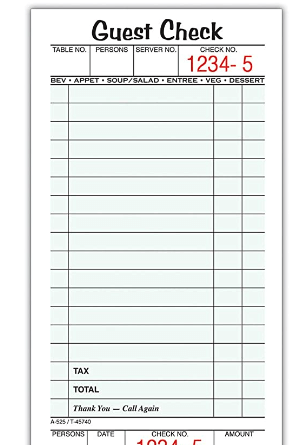
Tips, Tricks, and Recommendations
I recommend reading and writing every day. I like to have two or three physical books that I switch between at home. The Kindle app is my electronic option for when I’m out and have a few minutes to kill. My Audible account keeps multiple audiobooks queued that I can switch between at the gym or on long walks. Here is a list of the books that I listened to in 2020:
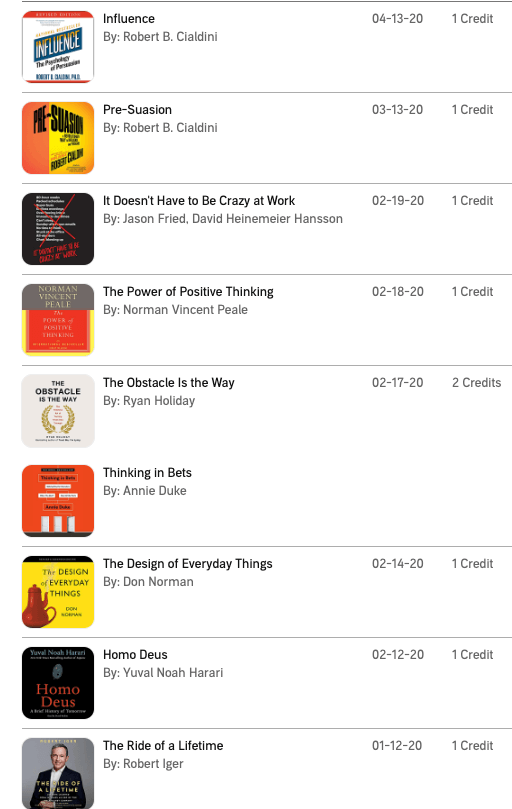
Read multiple books, and start new ones before you’ve finished them. Don’t worry about putting a book down and never picking it up again: Life is too short to finish books that you don’t like. Audible allows audiobook returns and refunds credits for reuse.
There’s so much content available, it is hard to decide where to direct your focus. As a rule, I try to not read any new books – meaning, I won’t read material that has been recently published. As a soft rule, I like books that have been released at least five years ago.
I avoid read popular books and best-sellers. I’m excited by obscure material containing alternative, even radical, ideas. If you only read the same books as everyone else, you will only have the same ideas that everyone else is having.
Reading will make you a better writer and content producer. Niall Ferguson mentions that quality books tend to have a thousand-to-one ratio; meaning the author has read about a thousand words on the subject for every one word written.
Niall continues about the compounding benefits of reading: “You’ve got to get that reading speed up early, and then you just have to read and read and read. And it is cumulative, not only in the sense that you get better at reading, but in a fascinating way the knowledge that you imbibe from books is cumulative.”
I am a slow reader. And, I am okay with that. I spend lots of time, in between sentences, thinking and contemplating. My advice is to not try reading faster, but instead to read for longer amounts of time. Like anything worth pursuing, it is about putting the hours in. “Reading is the quiet time in which you reflect and learn,” says author Ryan Holiday.
Writing
The best reading habit that I can recommend to you is to write while you read. A professor once told me: If you don’t have a pen in your hand, you’re not really studying. It ensures that you stay focused and engaged, and trains your mind to not wander. I have mentioned before that writing is “calisthenics for the brain“.
Digital devices, like the Kindle, make it easy to highlight text and take notes. After each page, I like to jot down a synopsis or any tangental thoughts that were sparked in the past few minutes. I don’t read fast. I record and define any unfamiliar words, and keep lists of unique phrases and idioms.
If I really like a new word, I’ll rewrite it and what it means, multiple times. Sometimes, I’ll rewrite sentences that just sound nice, or have a musical quality to them. Then, I’ll try to author my own in a similar style.
Taking notes is a challenge when I listen to audiobooks. Audible provides a feature allowing listeners to bookmark audio clips, and add text comments. Periodically, I’ll audit my collection and transcribe my favorites into a journal.
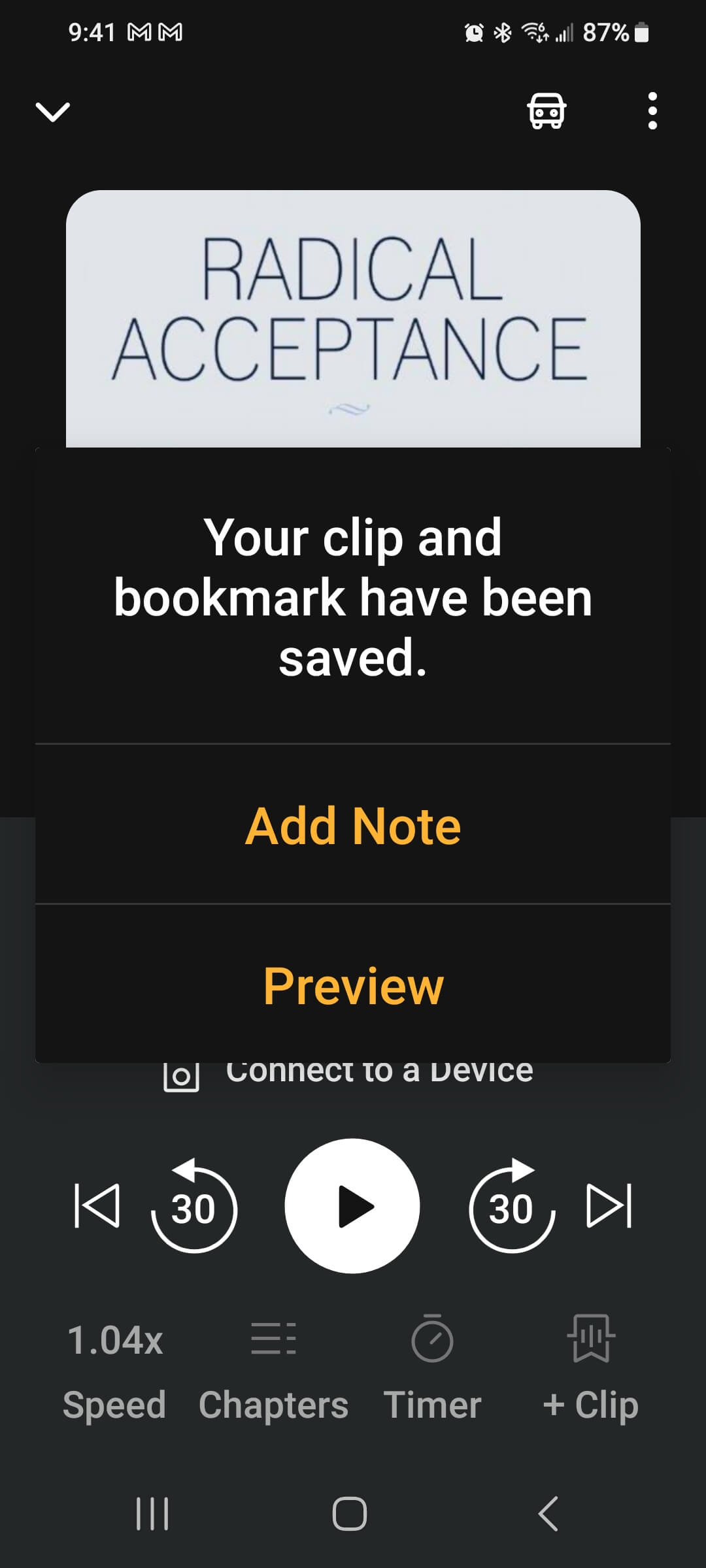
Journaling To Be A Better Writer (And Programmer)
Private journaling is vital to my process of writing publicly (blogging). I write a lot of stuff that I never publish. And that is the point – it is a personal practice that makes everything public-facing better. That idea is inspired by Kevin Kelly who has said, “I write primarily to find out what I’ve been thinking, and I don’t know until I write it”. The common wisdom is that you should think first, and then write – but to me it is obvious that the reverse is true. Spilling lots of ideas down onto a page is how I get started.
Note taking, making lists, and other kinds of journaling are powerful tools for being prolific. Learning how to make and take good notes requires practice. Simple bullet point lists are an easy way to start. Morning journal pages serve as a long-form translation of the lists I scribble mixed with a stream-of-consciousness narration. I try to write something every single day – no zero days. That’s how I get the noise out of my head. It crystalizes the nebulas storm that rages within my “monkey mind” – a concept I borrow from Tim Ferriss.
The magic always happens when I go back to old scrap and put the editor hat on. I have multiple physical notebooks, and use Evernote on my digital devices. I jot down thoughts, copy ideas while I read, write down new word definitions, and try to fill an entire page with free-flow journaling each day. Organizing all of these sources has become a series of techniques I use to keep finding inspiration.
Digesting the messy ball of words is aided by adding lots of visual cues. I use different colored pens, add drawings and doodles. I lay index cards out on an empty space and take a photo. Volume is the important variable in this quality algorithm. Getting as much down on paper as you can is always the best first step to getting value out of the writing process.
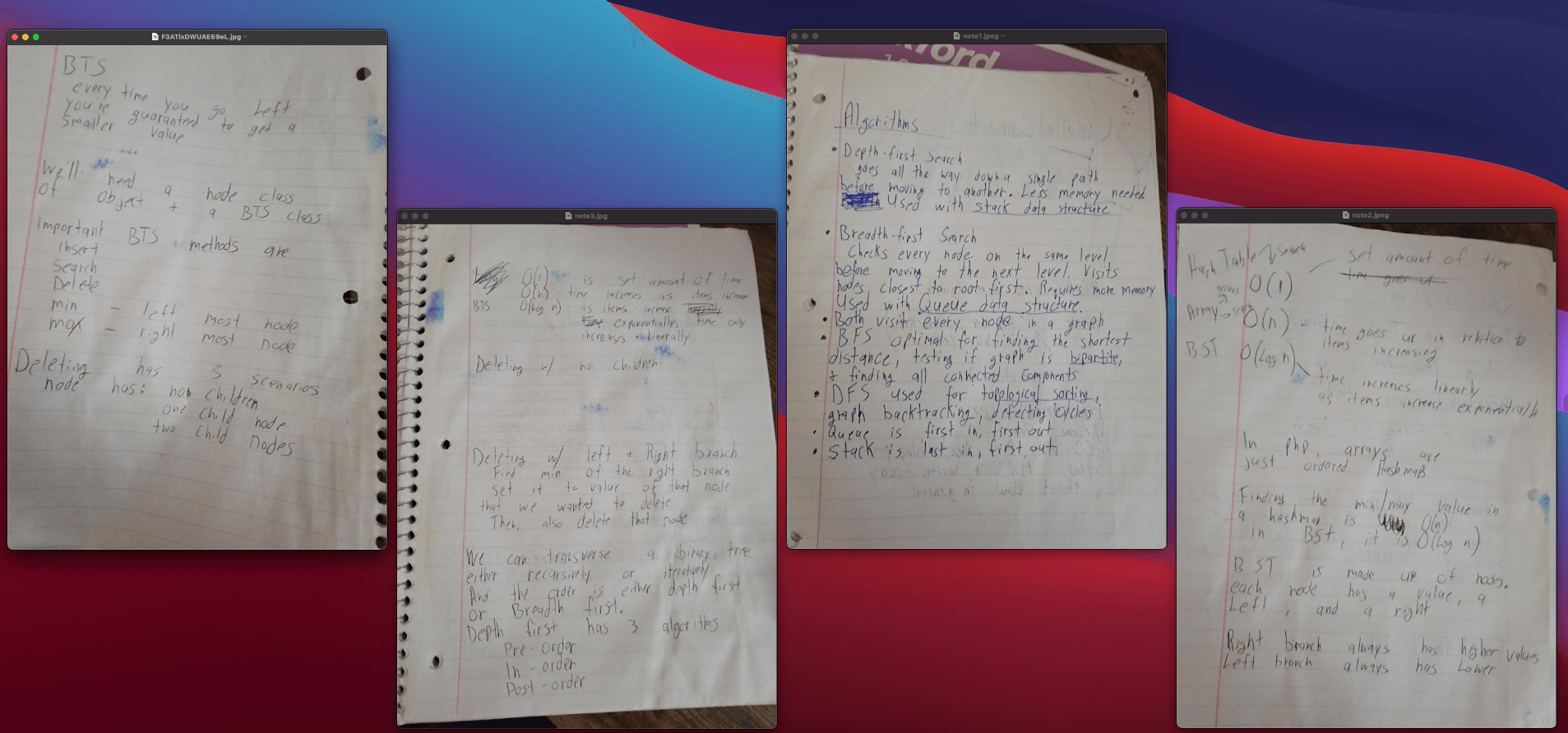
A coder’s diary
Taking notes about the coding challenges you’ve solved and the technical knowledge you’ve learned cements it. Even if you never read your notes again, the act of taking pen to paper will deepen the grooves in your mental records. You should consider keeping a blog for this reason. Having an archive of your experiences expounded, with the ability to search keywords, is invaluable. I include code examples, screenshots, relevant links and quotes, and a story to add context.
That compliments my main point: writing prose will ultimately make you a better programmer. Coding is a discipline nearer to writing then it ever will be to mathematics. That seems counterintuitive to the uninitiated.
This blog acts as my technical log that I can back reference when I encounter a familiar problem. As time passes, and new projects take hold of your attention, it’s easy to forget how you did something, even a few months ago. If you also have a similar blog about tech send me a link – I’d love to read through it!
Note Taking & Processing
There is an art and skill to note taking. It is a neighbor to journaling. When I have the urge and energy to do work, but I am not sure where to begin, I hit my notebooks as step number one.
My process has evolved. I start with physical writing as my primary note taking method. I use a notebook and I use index cards. Eventually (at least months, sometimes longer), I revisit hand-written notes and “process” them. That “process” involves re-reading and commenting on them in their existing form. I move the important (and positive) things to Evernote. I have organized my Evernote in multiple Notebooks. My pipeline looks like: index cards -> notebook -> Evernote -> blog
I use Twitter as a public diary for single sentences, ideas, and quotes that won’t fit any where else.
Since this post is a WIP (work-in-progress), I’ll leave unpolished notes below. That way I can continue refining my thoughts on this subject as time goes on.
– The psychological benefit of writing out negative feelings, and later destroying the paper. (“Burn after writing”)
– Looking back on goals. Reviewing old budgets, and feeling gratitude for where I am now
– Doodling and drawing skills
Writer Kurt Vonnegut said about his process: “When I write, I feel like an armless, legless man with a crayon in his mouth”
